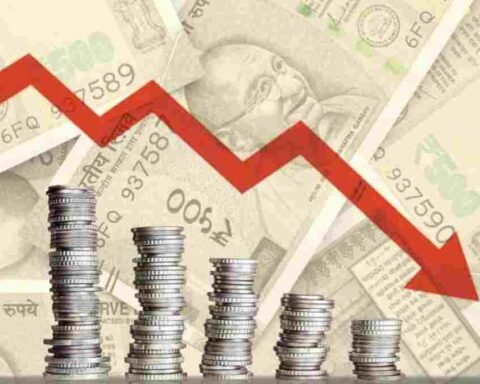For decades, health advice has revolved around diets, calorie counts, and quick fitness fixes. But as modern science digs deeper into what truly keeps us healthy and helps us live longer, the global focus is shifting — from curing illness to preventing it. Preventive healthcare and longevity science are now redefining how we think about wellness, aging, and the very meaning of a healthy life.
Preventive healthcare is not a new concept, yet its modern evolution is far more advanced than simple checkups and healthy eating. It now combines genetics, technology, and lifestyle optimization to detect and prevent diseases long before symptoms appear. From advanced blood biomarker tracking to AI-powered health monitoring, the field is merging traditional medicine with cutting-edge innovation to build a future where healthcare is proactive, not reactive.
Longevity science, on the other hand, goes a step further. It studies how to extend not just lifespan but healthspan — the number of years one lives in good health, free from chronic disease. Instead of chasing mythical “fountain of youth” solutions, scientists are focusing on cellular repair, metabolic balance, and genetic stability. Their goal is simple yet profound: to help humans live longer, stronger, and smarter lives.
This movement gained massive momentum after the pandemic, which exposed how fragile global health systems can be. People worldwide began taking a more personal approach to their health — tracking sleep, nutrition, and stress levels using smartwatches, fitness apps, and wearables. Preventive healthcare has evolved into a lifestyle, supported by technology that gives individuals real-time control over their well-being.
What makes this trend truly transformative is its scientific foundation. Longevity research has uncovered that small, consistent lifestyle changes can trigger major biological benefits. Intermittent fasting, stress reduction, improved gut health, and strength training have been shown to influence the aging process at the cellular level. Researchers are also studying molecules like NAD+ and resveratrol, known for their role in energy metabolism and DNA repair, to unlock new possibilities in extending healthy years.
Corporates and startups alike are now investing heavily in preventive and longevity-based solutions. The global wellness industry — once centered around diets and fitness — has expanded into biotech, data analytics, and personalized medicine. Companies are developing AI-driven health platforms capable of predicting potential risks years in advance, allowing early intervention and treatment. This technological revolution is bridging the gap between science fiction and daily reality.
Another major shift lies in how society views aging itself. For centuries, aging was considered inevitable — something to be managed rather than modified. Longevity science challenges that belief. It treats aging as a biological process that can be slowed, measured, and possibly even reversed through targeted interventions. From stem cell therapies to gene editing, the tools being developed today could redefine what it means to grow old in the decades ahead.
Governments and healthcare systems are also beginning to recognize the power of prevention. With rising costs of chronic diseases like diabetes and cardiovascular disorders, prevention-focused healthcare models are not just healthier but economically smarter. Nations like Japan and Singapore are leading examples of how proactive wellness strategies can extend national life expectancy and reduce medical expenses dramatically.
For individuals, this trend brings an empowering message — the future of health is in your hands. Preventive healthcare is not about strict diets or overnight transformations; it’s about understanding your body and making informed, consistent choices. Regular screenings, balanced nutrition, physical activity, and mental well-being are no longer optional but essential components of modern living.
As longevity science continues to evolve, it’s clear that the conversation about health is changing forever. We’re moving beyond the old question of “How long can we live?” toward “How well can we live?” The next era of wellness will not be defined by miracle supplements or crash diets, but by knowledge, technology, and self-awareness.
The rise of preventive healthcare marks a turning point in human history — one where health is not merely the absence of disease, but the active pursuit of vitality. With science as our guide and prevention as our foundation, the dream of a longer, healthier, and more meaningful life is no longer distant — it’s already beginning.





